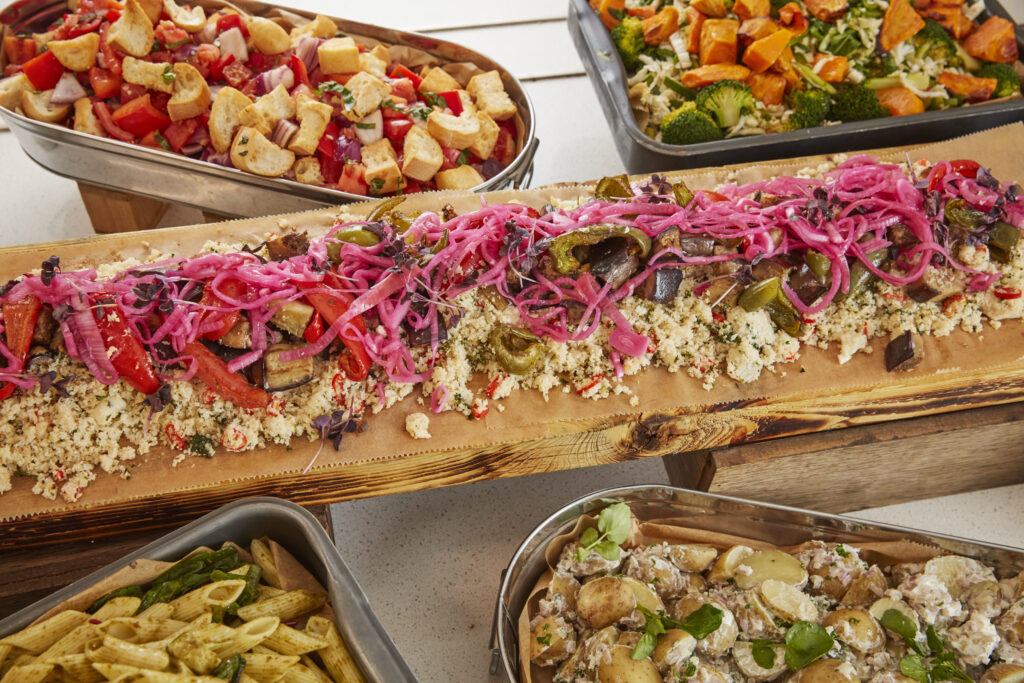Did you know? The food we eat doesn’t just fuel our bodies—it also plays a crucial role in how we feel. It’s important to consider that the choices we make at mealtime can significantly impact our mood and overall mental wellbeing. From the nutrients in our food to the way we digest it. Read on to find out more.
Stress is a powerful force that affects many aspects of our lives. It can disrupt our digestion, interfere with sleep patterns, and even alter our mood. When we’re stressed, our bodies react in a way that prepares us for a fight-or-flight response, which is great for short-term emergencies but can cause problems if we’re constantly in this state.
Chronic stress can lead to digestive issues, such as irritable bowel syndrome (IBS), and it can also disturb our sleep, making us feel tired and more prone to anxiety and depression. However, there’s good news. By opting for wholesome, unprocessed foods and incorporating a diet rich in vegetables and fruits, we can help mitigate these stress-induced issues.
Whole foods are those that are unprocessed or minimally processed, preserving as many nutrients as possible. Think of fresh fruits and vegetables, whole grains, nuts, seeds, and lean proteins. These foods are packed with vitamins, minerals, and antioxidants that nourish our bodies and minds.

Our gut is often referred to as our “second brain” for a reason. The gut-brain axis is a complex communication network linking our central nervous system and our gastrointestinal tract. This connection means that our digestive health can directly affect our mental health.
A healthy gut microbiome, which is influenced by our diet, plays a crucial role in this communication. Foods rich in fibre, such as fruits, vegetables, and whole grains, promote the growth of beneficial bacteria in the gut. These bacteria produce short-chain fatty acids and other metabolites that can reduce inflammation and improve mood.
Fermented foods like yoghurt, kefir, sauerkraut, and kimchi are also excellent for gut health.
Our ‘Gut-loving kitchen’ in partnership with The Gut Stuff is a great example of this type of diet. We’re creating customer-driven food menus that are good for the gut and help to educate on the importance of choosing food that positively supports our customers’ gut health.
To engage our customers and clients on this topic, our dietetics team recently hosted an engaging lunchtime event at one of our higher education sites, highlighting the connection between food and mood. Our chefs prepared nutritionally balanced samples, featuring a delicious labneh, citrus, and toasted grain pot, perfect for fueling up before exams and maintaining peak energy levels. Here are some key takeaways from the event:

Interested in learning more about our commitment to quality and nutritious dining experiences? Contact us today!